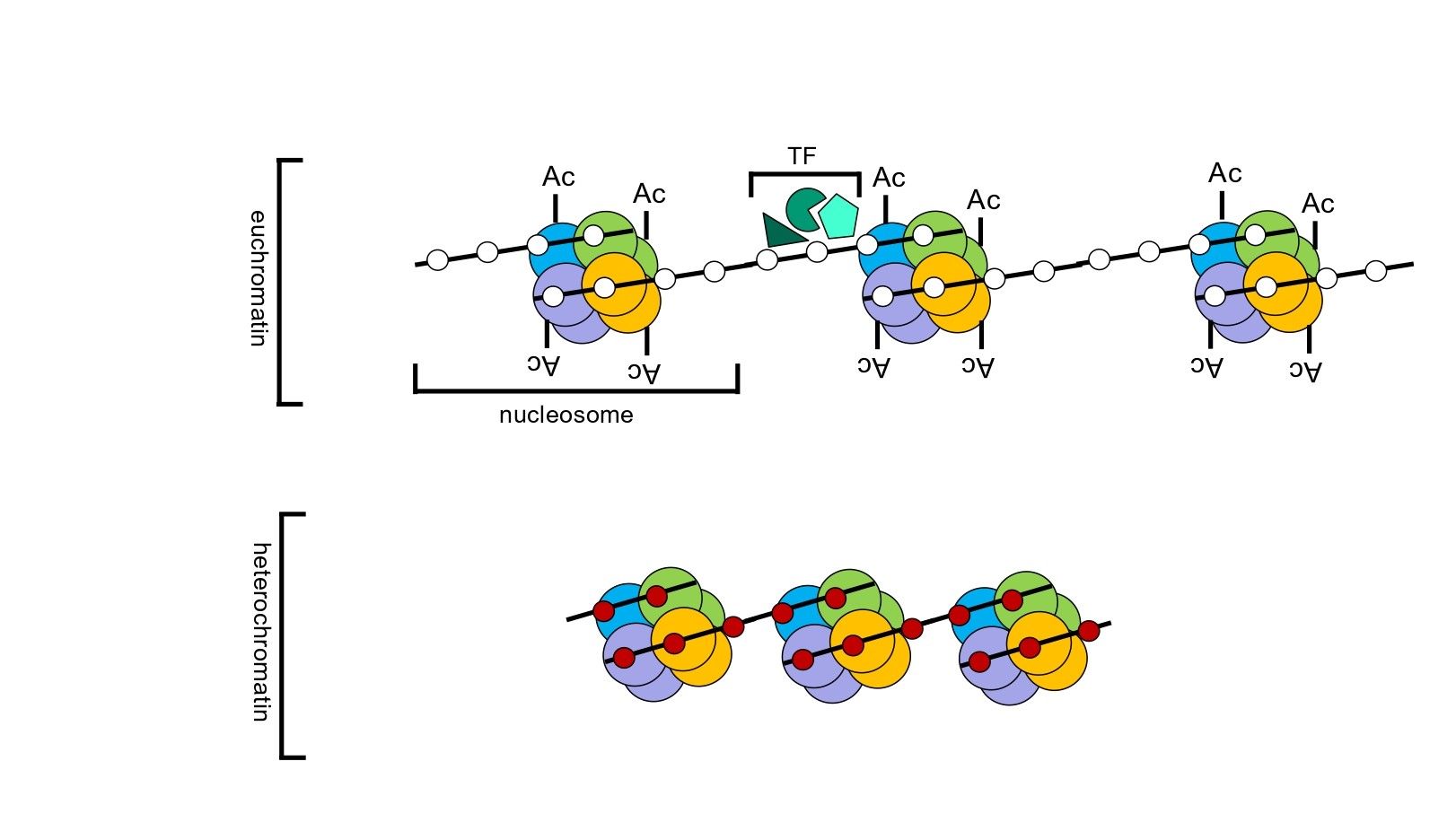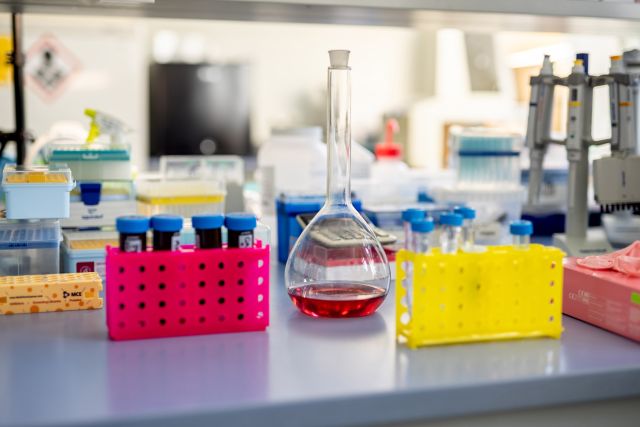Principal Investigator
:
dr hab. Tomasz Wojdacz, prof. PUM
Pomeranian Medical University in Szczecin
Panel: NZ2
Funding scheme
: OPUS 22
announced on
15 September 2021
Epigenetics is the study of molecular mechanisms that regulate gene expression and are independent from the DNA sequence. These mechanisms play an essential role in cell specialisation, ensuring that only genes required for a specific cell function are turned on in specialised cells. It is because of these mechanisms that nerve cells can perform a completely different function from muscle cells, even though both contain identical sets of genes (DNA).
In an “ideal environment,” epigenetic mechanisms would allow a cell to develop and perform a specific function throughout its lifespan. Unfortunately, “ideal environments” do not exist and almost all the cells in our body are constantly exposed to various environmental factors which disrupt the epigenetic mechanisms of gene expression regulation. These factors are often related to our life choices, such as unhealthy dietary habits or lack of physical activity.
 Epigenetics is a relatively new field of science, experiencing its most dynamic growth since the early 2000’s, when Next Generation Sequencing (NGS), made it possible to study epigenetic mechanisms at a genome-wide level. At that time, it also became clear that the sequence of the human genome does not provide as many answers as we had expected regarding the origins of diseases such as cancer or other non-communicable diseases. Moreover, as sequencing data from increasing numbers of cancer types became available, it was clear that mutations previously considered as the main cause of cancer were not frequent enough to explain the pathology of most cancers. Also, at that time, an increasing number of studies began to link the pathogenesis of cancer and other diseases with malfunctioning of epigenetic mechanisms of gene expression regulation. Altogether, the above factors led to an almost exponential increase in epigenetic research.
Epigenetics is a relatively new field of science, experiencing its most dynamic growth since the early 2000’s, when Next Generation Sequencing (NGS), made it possible to study epigenetic mechanisms at a genome-wide level. At that time, it also became clear that the sequence of the human genome does not provide as many answers as we had expected regarding the origins of diseases such as cancer or other non-communicable diseases. Moreover, as sequencing data from increasing numbers of cancer types became available, it was clear that mutations previously considered as the main cause of cancer were not frequent enough to explain the pathology of most cancers. Also, at that time, an increasing number of studies began to link the pathogenesis of cancer and other diseases with malfunctioning of epigenetic mechanisms of gene expression regulation. Altogether, the above factors led to an almost exponential increase in epigenetic research.
Funded by an OPUS 22 grant, the project entitled “The Significance of Discordant Methylation in Cell Physiology” is based on preliminary findings originating from research that Dr Wojdacz’s team performed with funding from the National Agency for Academic Exchange. That funding also allowed Dr Wojdacz to establish his research in Poland. Specifically, these results suggested the existence of a potentially novel epigenetic mechanism with an unknown function in cell physiology, as well as the potential involvement of that mechanism in cancer pathogenesis. To further investigate these findings, the Polish National Science Centre awarded Dr Wojdacz’s team an OPUS 22 grant. Today, in the second year of the three-year long project, the team have already published results that confirm the existence of the mechanism in question and preliminarily elaborate the specific role of that mechanism in cell physiology. At the same time, they have demonstrated that the combination of an innovative method of measuring this phenomenon based on data engineering and artificial intelligence can be used to identify cancers. Accordingly, in cooperation with the Pomeranian Medical University, the team have filed four patent applications in Poland and one international application securing intellectual property originating from this research project.
Project title: Significance of discordant methylation phenomenon in cell physiology
dr hab. Tomasz Wojdacz, prof. PUM
Dr hab. n. med. Tomasz K. Wojdacz, Prof. PUM, started his university education at the University of Silesia in Katowice. He earned his PhD in medical sciences from the Aarhus University in Denmark and his habilitation degree from the Pomeranian Medical University in Szczecin, where he currently works as a professor and heads an Independent Clinical Epigenetics Lab. Before starting his PhD programme, Dr Wojdacz began his research work at the Peter MacCallum Cancer Centre in Melbourne, Australia. After earning his PhD, he undertook his postdoctoral training at the Karolinska Institute in Sweden, Southampton University in UK and the Aarhus Institute of Advanced Studies in Demark, where he held the Marie Skłodowska-Curie Individual Fellowship. Dr Wojdacz’s team in Poland was funded in 2019 by a “Polish Returns” grant from the National Agency for Academic Exchange, and currently the team is funded by OPUS, PRELUDIUM BIS and European Commission grants. Dr Wojdacz is also the President of the International Society for Molecular and Clinical Epigenetics (isMOCLEP – https://www.ismoclep.org). The society, apart from being a platform for intranational networking among scientists working in the field of epigenetics, organises one of the largest conferences in the field, the annual Clinical Epigenetics International Conference (CLEPIC – https://www.clepic.org ).


